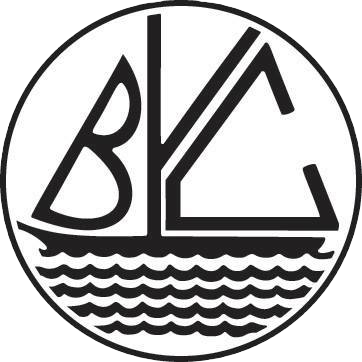Olympic Vision to Brisbane 2032
Sailing’s place in the Olympic Games is valuable to the health of the whole sport for two reasons: - It is an unequalled ‘shop window’ for sailing, offering a gateway to millions of potential sailors and fans - The Olympic Dividend provides a significant part of World Sailing’s revenue. Sailing has been part of every Olympics Games since 1908 when the Royal Victoria Yacht Club, on the Isle of Wight, and the Clyde Corinthian Yacht Club, on the Cowal Peninsula in the Scottish Highlands, provided the venues. Only five countries entered, and Great Britain won all four gold medals contested. Sailing and the Olympic Games have both changed dramatically since then. The Tokyo 2020 regatta saw 65 national flags flying.
Over the last three Olympics, an average of 16 different nations have been represented on the podium across 10 events. For the Olympics Games themselves, the significant changes in recent years have been driven by Agenda 2020 and then Agenda 2020+5. They include a greater focus on attracting and retaining engagement – particularly with regards to women, youth and more diversity – in order to improve the financial and environmental sustainability of the Games. Financial and environmental sustainability is the reason why the IOC has capped the numbers of athletes competing in the Games at 10,500. As a result, sailing’s athlete numbers have dropped from 400 in 2008 to 330 in 2024. The sport must make every effort to increase or protect this quota. The IOC are doing all they can to ensure the Olympic Games remain relevant to all.
Therefore, Sailing must adapt to ensure our sport:
• better reflects the diversity of the global community
• is an accessible sport for more young people
• is reaching as wide an audience as possible through our communications channels, with a particular emphasis on digital and new media. We can expect the IOC’s priorities to change over time and there will be more work by them to build on Agenda 2020 and Agenda 2020+5. What will not change is that the Olympic Games is an event wholly owned by the IOC and what happens at their event is, ultimately, their decision alone. While international federations may have their own ambitions for the staging of their sport in the Games, they are always secondary to the IOC’s.
As responsible stewards of our sport, World Sailing will continue to demonstrate a commitment to leadership, good governance and innovation. This document has been put together in consultation with a range of important stakeholders including representatives from our Member National Authorities, our International Classes, World Sailing Council, the World Sailing Board and Executive Management. It interprets the pressures mentioned above and provides guidance for decision-makers in World Sailing in order to improve our standing in the Olympic Movement. For example, the regulation 23 Working Party will use the Olympic Vision to inform its review of the decision making process for the selection of Olympic events, format, and equipment. The Olympic Vision is focused on sailing’s place in the Olympic Games. Regaining sailing’s place in the Paralympics remains a priority for our federation and we continue to work hard to achieve this goal.

